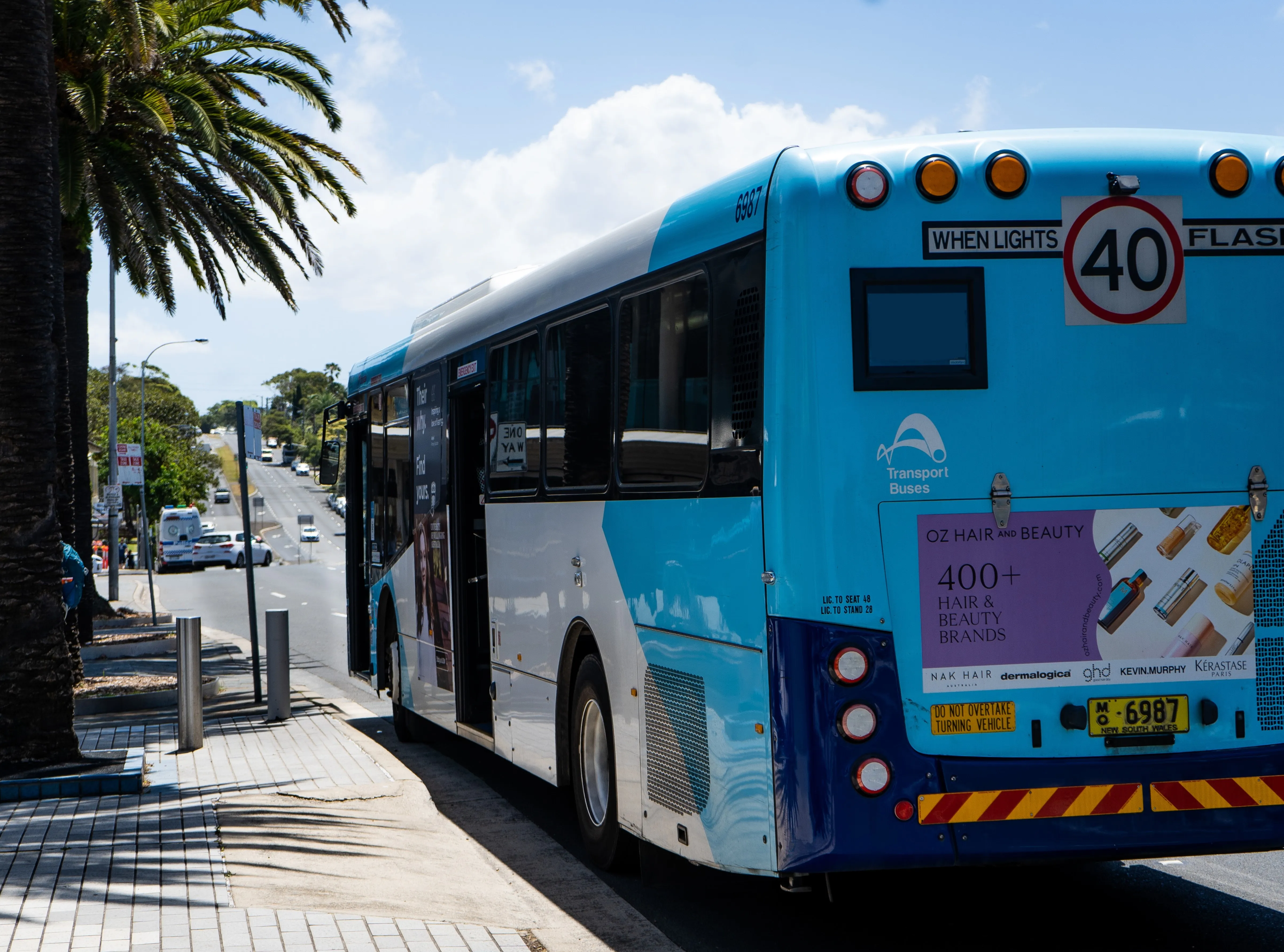
Neology has signed a "multi-million-dollar" tolling contract for the Humber Bridge, in the north-east of England.
Neology will partner on the multi-year deal with Humber Bridge Board (HBB) to deliver roadside systems and back-office set-up as well as web and mobile app solutions.
The largest single-span suspension bridge in the world when it opened in 1981, it sees more than 30,000 crossings per day.
The deal with Neology means the bridge's existing stop-go toll plazas will be gone, to make way for a free-flow solution using the company's NeoForce ANPR offering.
Andrew Arundel, HBB chief operating officer, calls the Humber Bridge "a critical piece of infrastructure connecting core economic regions and an iconic regional landmark".
“We underwent an extensive procurement process to understand market capability to address the needs of our customers whilst also ensuring that vendor capability and long-term commitments to the project were secured," Arundel adds. "The Neology team has impressed us throughout the tender process, and we look forward to forging a strong partnership with them in the months and years ahead on this critical project.”
Luke Normington, Neology’s general manager EMEA: “Bringing our global expertise in tolling solutions, coupled with our long-term local expertise in the UK, provides the perfect understanding of how to deliver this solution to serve the people who travel on that bridge, every day."










